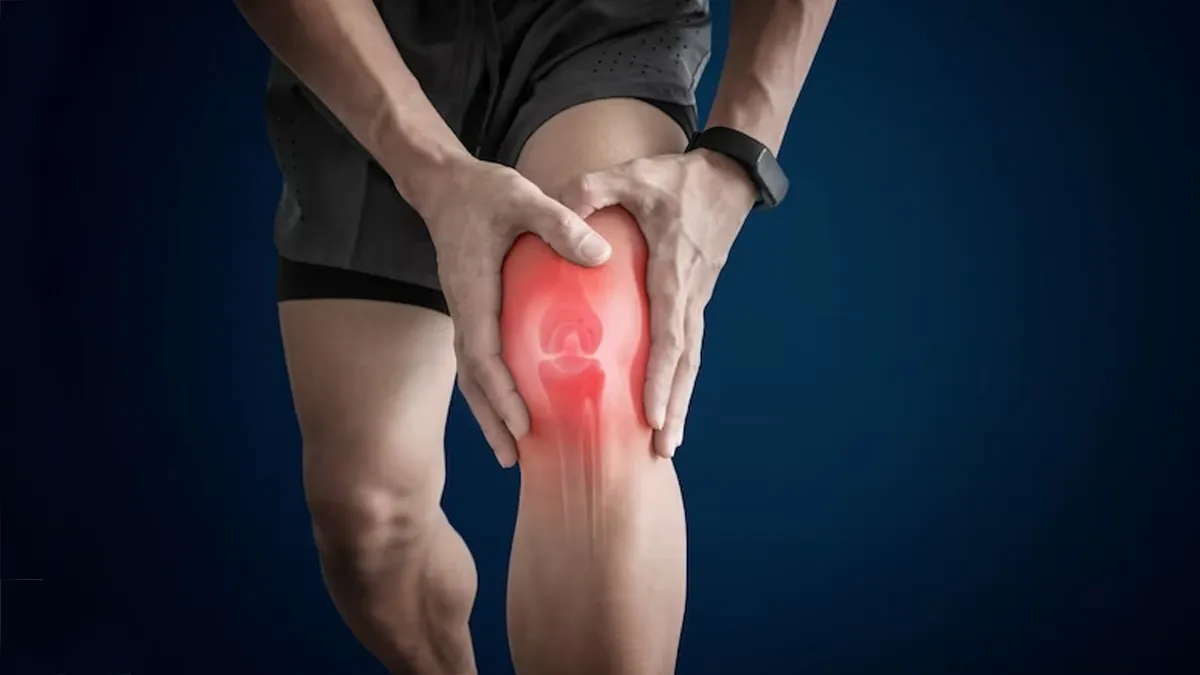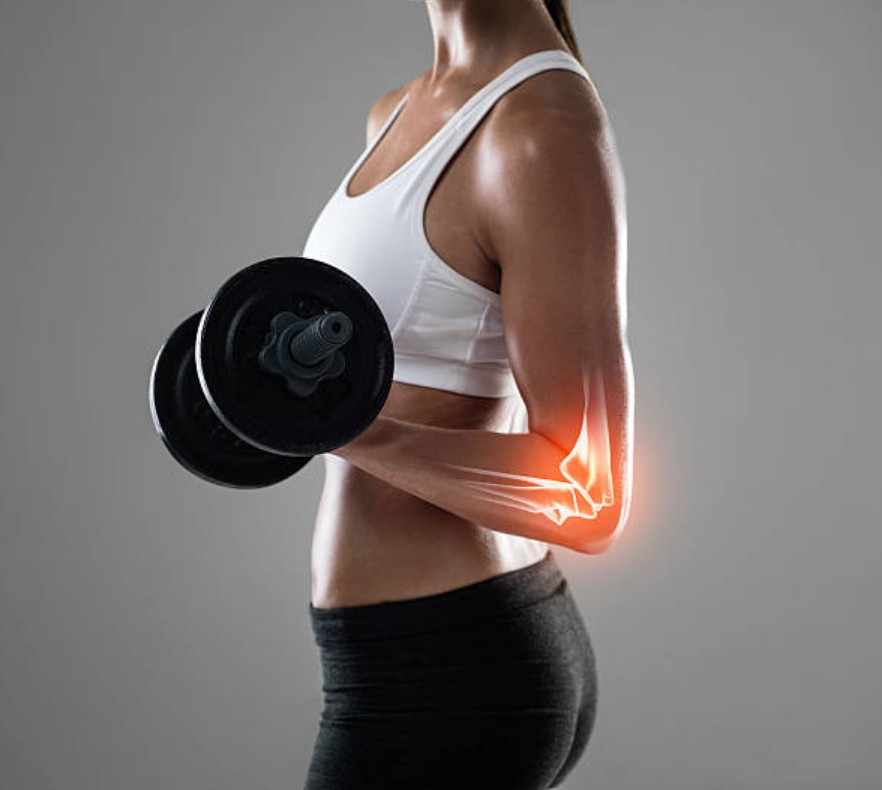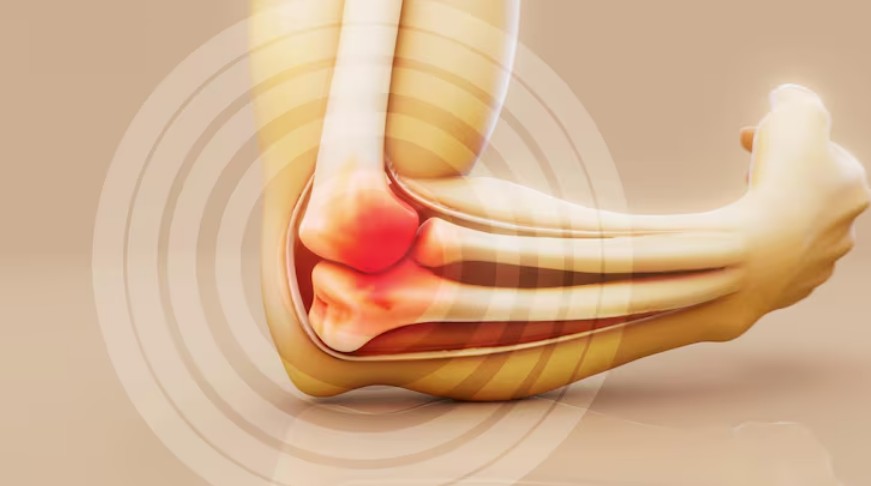
Maintaining bone strength is often reduced to a simple message: get enough calcium. But bone health is far more layered than that. Bones are living structures that continuously renew themselves, relying on a blend of nutrients, physical activity, hormonal balance, and everyday habits. Without conscious care, bones naturally weaken with age, raising the likelihood of fractures, osteoporosis, and mobility concerns.
According to Dr Rajesh Kumar Verma, Consultant – Orthopaedics, Manipal Hospital Ghaziabad, bone health must be approached holistically rather than as a single-nutrient solution.
Healthy bones do much more than hold the body upright. They shield vital organs, anchor muscles, and support fluid movement. As people age, bone density starts to decline naturally, making the skeleton more prone to cracks and breaks. Low bone density can lead to chronic back pain, posture issues, loss of independence, and a diminished quality of life. Prioritising bone health early can significantly delay or prevent these age-related complications.

Calcium remains crucial for bone development and maintenance, but it must be consumed consistently. Dairy products like milk, yoghurt, and cheese, as well as tofu, ragi, sesame seeds, and leafy greens, are excellent sources. Regular intake helps prevent the gradual thinning of bones.
Vitamin D enables the body to absorb calcium effectively. Dr Verma notes that limited sunlight exposure and poor diet are leading causes of vitamin D deficiency. Safe sun exposure, fortified foods, eggs, and oily fish contribute to maintaining healthy levels.
Don't Miss: 7 Early Signs Of Arthritis You Shouldn’t Ignore
Weight-bearing activities, walking, skipping, dancing, strength training, and yoga—help stimulate bone formation. These exercises also improve muscle strength, balance, and stability, reducing the risk of falls and fractures.
Protein supports bone structure and helps repair tissues. A diet rich in dal, legumes, dairy, eggs, nuts, and lean meats strengthens the bone matrix and improves overall skeletal endurance.
Hormones such as oestrogen and testosterone play a central role in maintaining bone density. Regular health assessments become especially important for postmenopausal women and older men, as hormonal imbalances can accelerate bone loss.

Osteoporosis and severe bone weakness can be managed through a combination of calcium and vitamin D supplements, medications that slow bone loss, and in some cases, hormone therapy. Advanced treatments help strengthen bones and reduce the risk of fractures. If fractures do occur, they may require surgical correction or joint replacement. Physiotherapy and periodic bone density scans further support recovery and prevent future complications.
Bone health is the result of everyday choices rather than quick fixes. With a balanced diet, regular exercise, smart lifestyle habits, and routine medical check-ups, people can protect their bones well into older age. Investing in bone health today ensures better mobility, independence, and overall well-being in the years ahead.
Don't Miss: 5 Expert Tips On How To Protect Your Kids From Severe Air Pollution
Keep reading Herzindagi for more such stories.
Image Courtesy: Freepik
Also watch this video
Herzindagi video
Our aim is to provide accurate, safe and expert verified information through our articles and social media handles. The remedies, advice and tips mentioned here are for general information only. Please consult your expert before trying any kind of health, beauty, life hacks or astrology related tips. For any feedback or complaint, contact us at compliant_gro@jagrannewmedia.com.